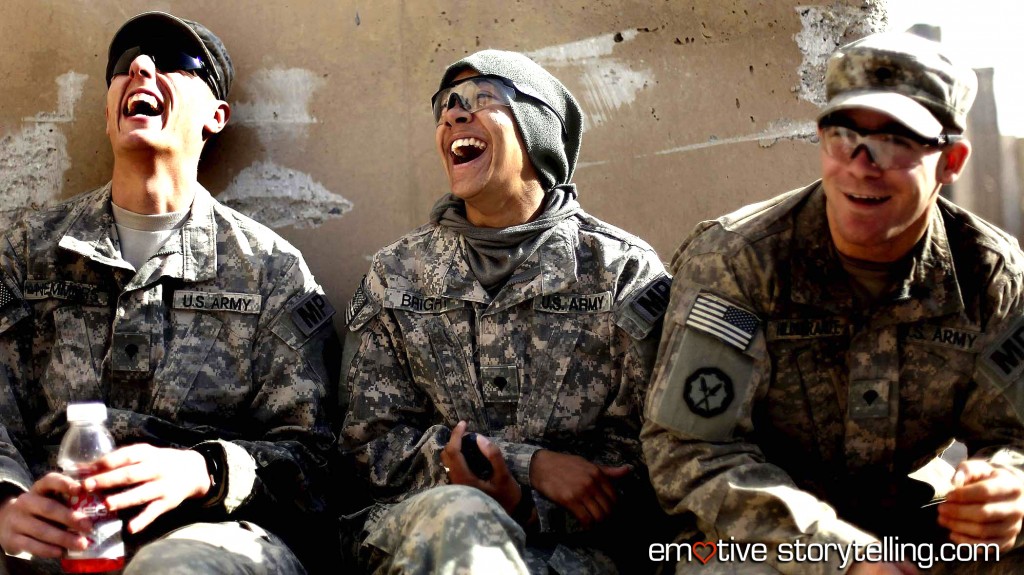
Soldiers Peter Nemmers, Morgan Bright and Matthew Hildebrandt from the 3rd Brigade, 1st Cavalry Division laugh while preparing to depart from Iraq at Imam Ali Base on December 17. (Mario Tama/Reuters)
The last place you would probably expect to find a standup comedian would be in an Army uniform. But there I was for the better part of a decade, trying to make one of the most dangerous chapters of my life a laughing matter. Not because I didn’t take the Army seriously, much to the contrary. I took it very seriously, which is why when the laughter stopped I was in big trouble.
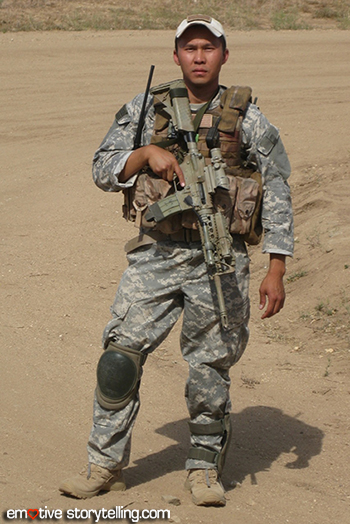
SSG Thom Tran, U.S. Army
A yearlong combat deployment to Iraq in 2003 for the Army started with a gunshot to the back of my head, and ended with my roommate and friend being killed by an Improvised Explosive Device. And the stuff in between wasn’t so great either. But at least I tried to laugh. At least I tried to find the funny in it all. It was when I got home and I’d realized that I’d almost been killed, my friend had been killed, and more of my friends were still in danger that I stopped laughing. And for someone who lived to laugh, I might as well have stopped breathing. And I almost did.
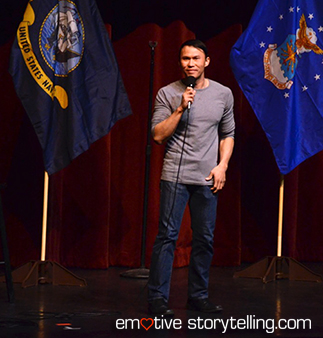
Thom Tran – Standup Comic
All of the Army doctors, the medications, the therapy that the hospitals tried, none of it helped. Nothing made me laugh, and breath, again until I fell back in love with standup comedy. Watching it, listening to it, and eventually doing it for a living. Stand up comedy was my therapy, and I know why. It’s primal. It’s soulful. And it’s real. You can’t fake a gut-busting laugh. It comes from your heart and your soul, and for combat veterans who have come home from battle, it’s knowing that you still have a soul that’s so important.
Just as combat bruises the soul, laughter conversely soothes it. Laughter is the primal polar opposite of the anger and rage that combat forces onto our warrior souls. Laughter is what shakes us free from that darkness. Even if it’s for a moment, that laughter helps chip away at the armor that encases our warrior souls.
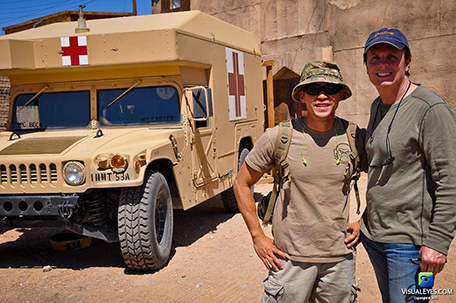
Thom Tran and Dr. Gerard Gibbons
U.S. Army National Training Center – Ft. Irwin, CA
Laughter can come from anywhere. It can come from a stand up comic or a cartoon. It can come from the tales of bravery and heroism, or the tales of stupidity. Because jokes are just very short stories aimed at our primal need to laugh. The more we share our stories, the greater the opportunity we have to heal each other and ourselves with laughter and understanding.






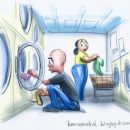
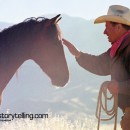


No comments yet.